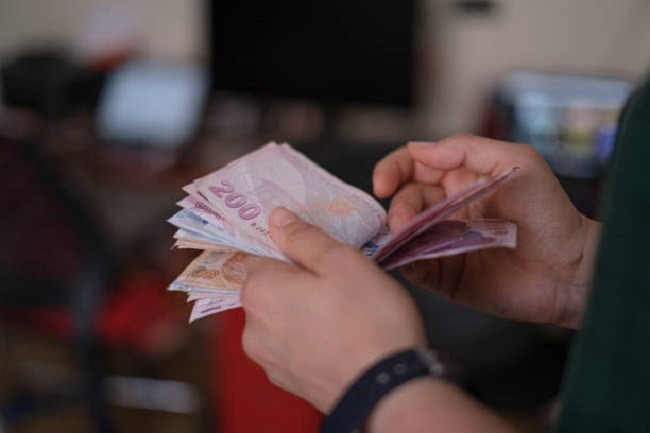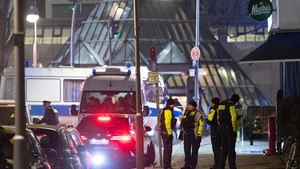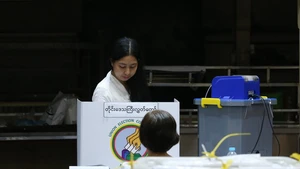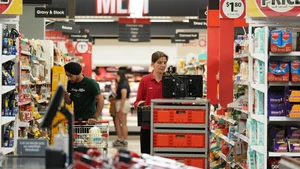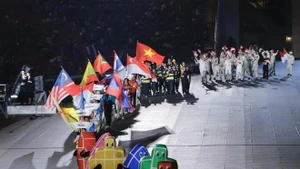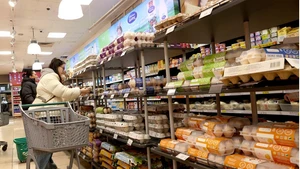* Kuwaiti voters cast their ballots in five electoral constituencies on Tuesday to elect the 17th National Assembly, or parliament. The eligible voters will elect 50 lawmakers out of 207 candidates to represent them in the new legislative body for a term of four years.
* Kosovo could trigger new elections in Serb-majority municipalities rocked by violent protests if 20% of voters sign a petition asking for them, the president told Reuters.
* A senior Ukrainian official warned of the danger posed by floating mines unearthed by flooding and the spread of disease and hazardous chemicals on Wednesday as he inspected damage caused by the collapse of the Kakhovka dam.
* New Zealand Prime Minister Chris Hipkins and Fijian Prime Minister Sitiveni Rabuka met in Wellington on Wednesday, reaffirming the strength of bilateral relationship, as outlined in the Duavata Relationship Statement of Partnership.
* Iran reopened on Tuesday its embassy in Saudi Arabia after seven years of closure, nearly three months after the two countries agreed to restore bilateral ties under a Chinese-brokered deal.
* The re-opening of Iran's embassy in Saudi Arabia is helpful for the region, said a UN spokesman on Tuesday.
* Tunisian President Kais Saied met on Tuesday with visiting Italian Prime Minister Giorgia Meloni to discuss bilateral ties and the illegal immigration problem.
* New obligations and prohibitions are being introduced for international visitors on the Indonesian resort island of Bali, stressing those who behave against local norms will be given sanctions.
* The World Bank has released 150 million USD to help the Ghanaian government fulfill its poverty alleviation obligations, a release from the bank's Ghana office said Tuesday.
* Tunisian President Kais Saied met on Tuesday with visiting Italian Prime Minister Giorgia Meloni to discuss bilateral ties and the illegal immigration problem.
* The Yemeni government has voiced its rejection of participation in any future UN-mediated prisoner exchange negotiations with the Houthi rebels.
* Researchers from the University of New South Wales (UNSW Sydney) has estimated that 76.8 percent of corals across the world would catch disease by 2100 amid global warming.
* The U.S. Energy Information Administration (EIA) on Tuesday forecasted lower global oil production and higher Brent spot oil prices through 2023 and 2024, while predicting the U.S. economy would expand but down from its earlier forecasts.
* The World Bank said on Wednesday it expects the Philippines' gross domestic product (GDP) to grow 6 percent this year, and solid domestic demand will drive economic growth.
* Russia has unveiled plans to invest 2 trillion rubles (about 24.58 billion USD) in the development of its Northern Sea Route (NSR) over the next 13 years, and a draft law prepared by the government has already passed the first reading in the State Duma, announced Russian Prime Minister Mikhail Mishustin on Tuesday.
* Australia's economic growth has slowed amid headwinds from high interest rates and inflation.
* Turkish President Recep Tayyip Erdogan vowed on Tuesday to submit a new proposal for amending the constitution to the parliament.
